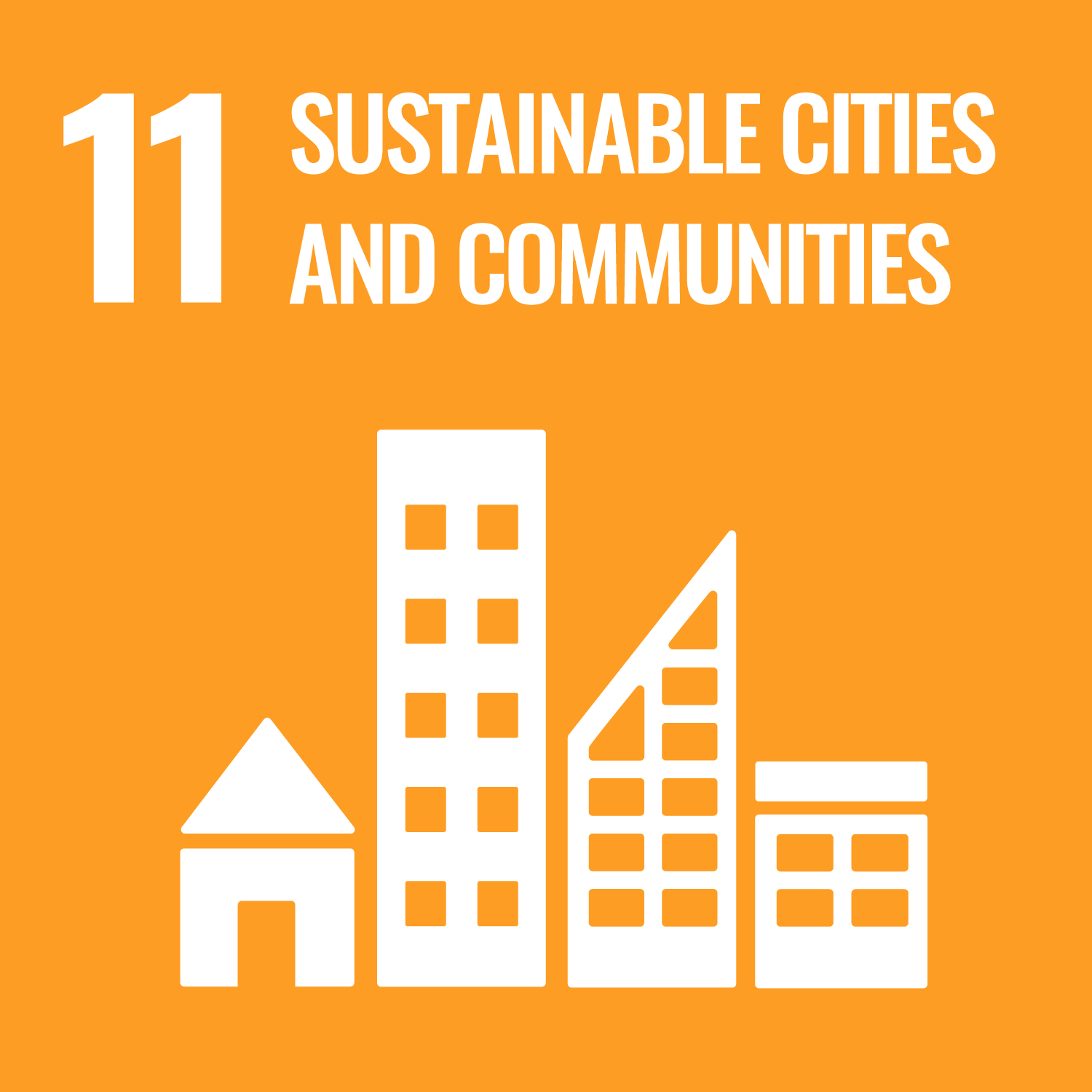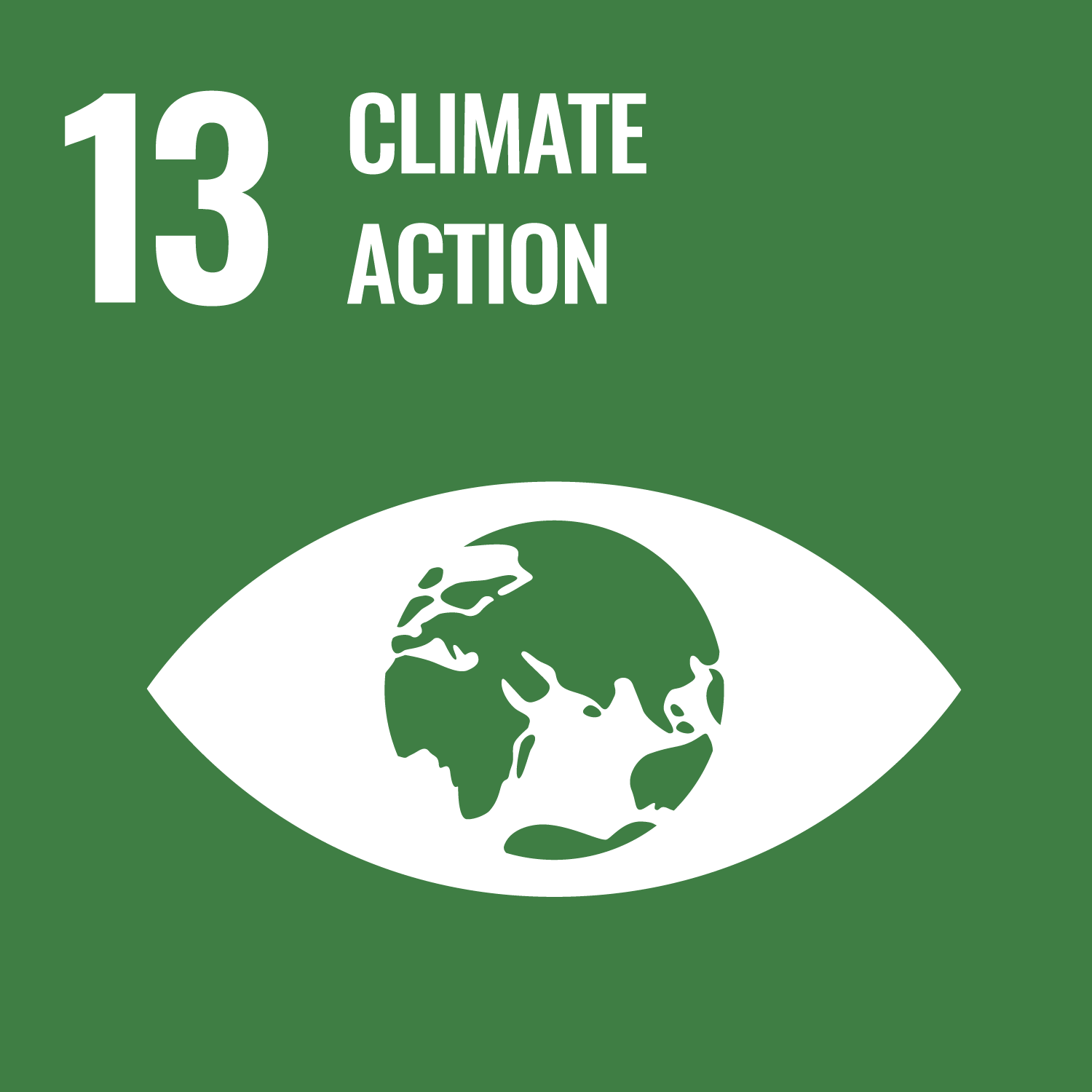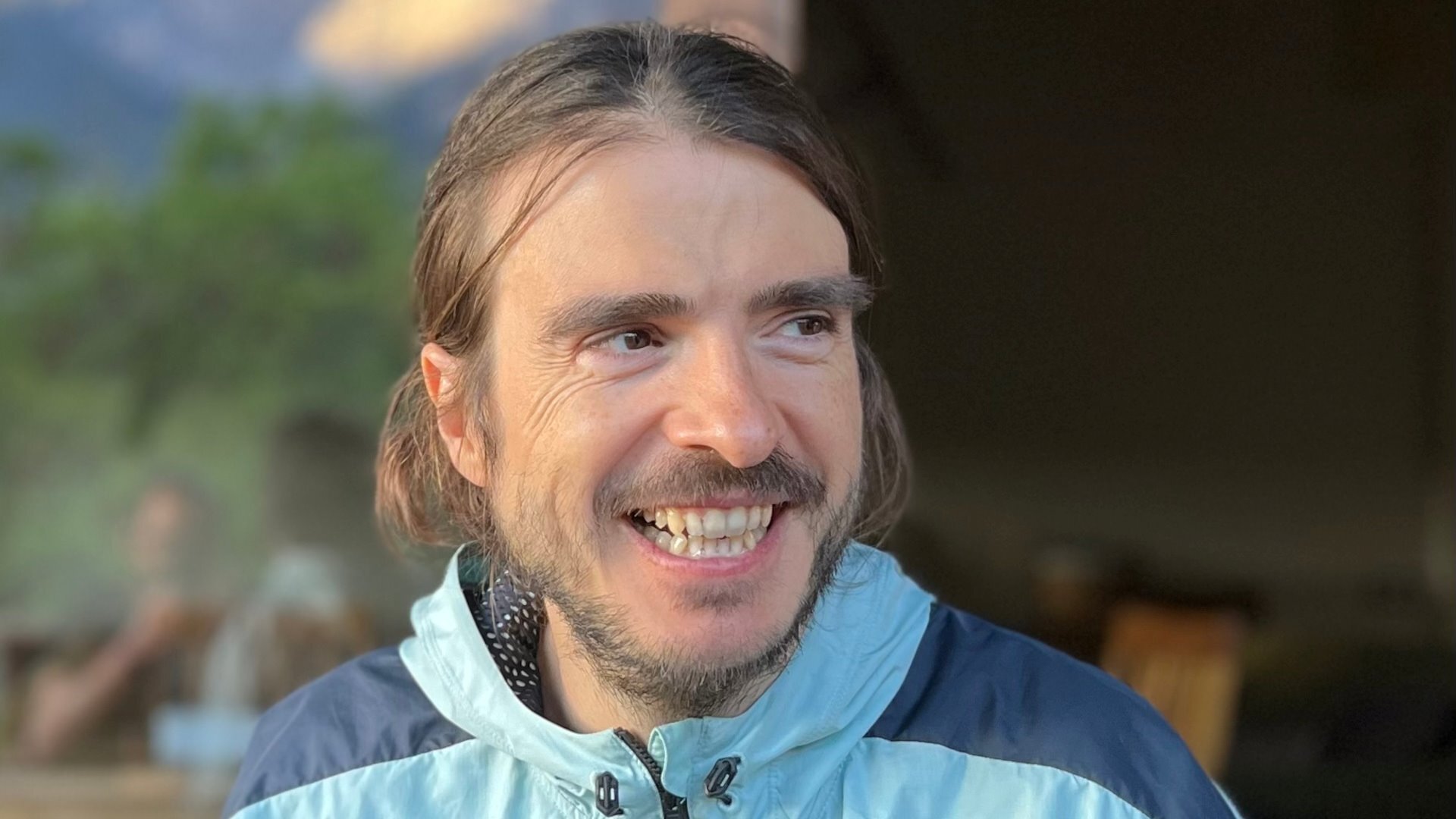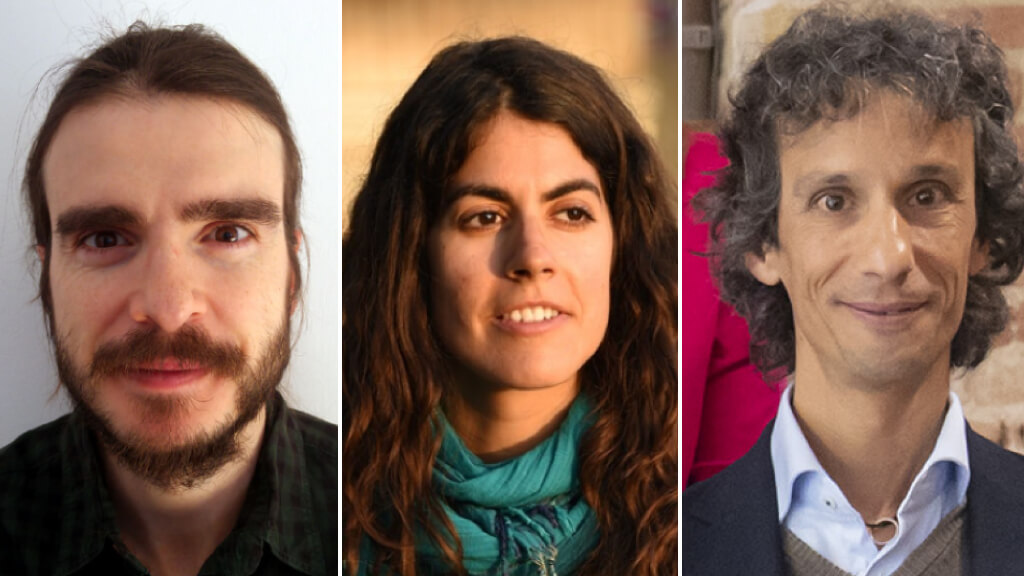Professor Hug March receives an ICREA Acadèmia grant
March is an expert in political ecology, sustainability, water cycle management and urban studies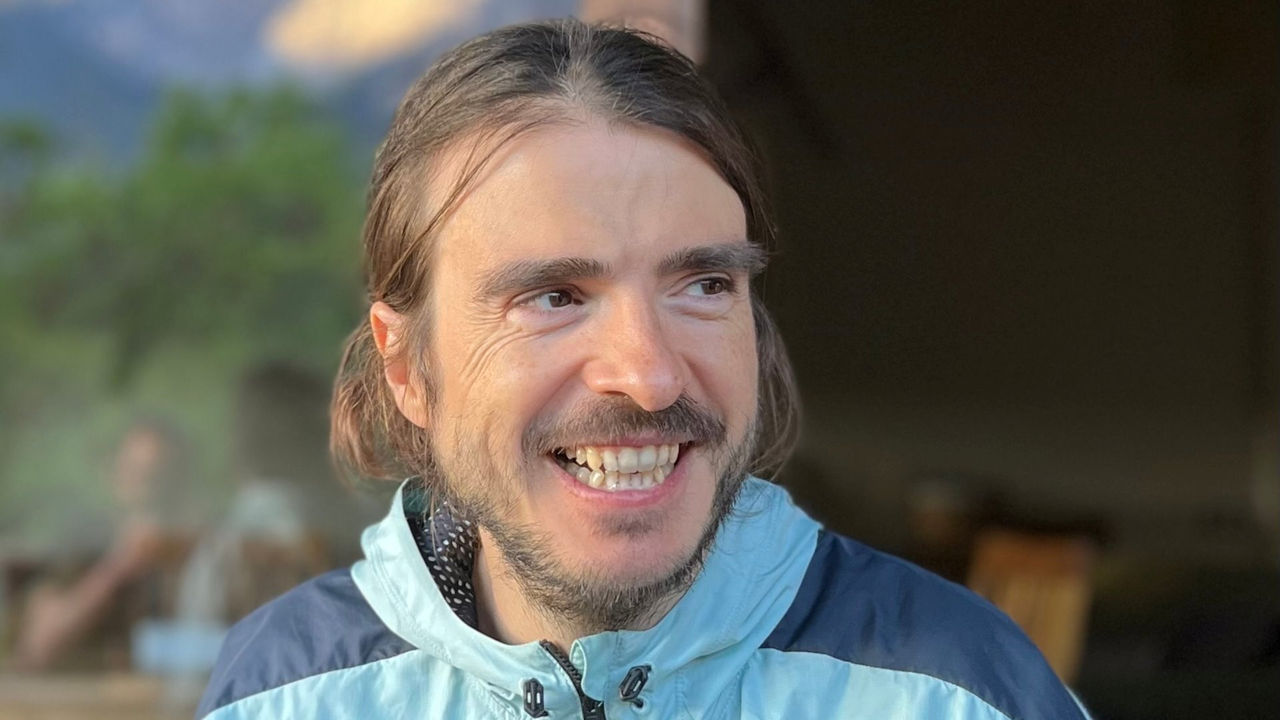
Hug March, a professor at the UOC's (Universitat Oberta de Catalunya) Faculty of Economics and Business and researcher at the Urban Transformation & Global Change Laboratory (TURBA Lab) of the university's Internet Interdisciplinary Institute (IN3), has been awarded an ICREA Acadèmia 2023 grant. March is an expert in sustainability and ecological transition, political ecology, water cycle management and urban studies.
The Catalan Institute for Research and Advanced Studies (ICREA) is a foundation funded by the Government of Catalonia that aims to bring scientific and academic staff of excellence into Catalonia's university and research system. It works in coordination with Catalan universities and research centres in order to increase the competitiveness of the knowledge system to attract leading figures in the field of international research.
March said that this recognition is "a huge honour that, while rewarding my individual career, also recognizes the collective work and achievements of the TURBA Lab research group". The ICREA Acadèmia grant will provide him with the opportunity to carry out his research activities more intensively over the next five years.
In view of the drought emergency that the country is experiencing, March is currently focusing his research on urban water management and the changes in the hydrosocial cycle caused by new technologies such as water regeneration. Together with the researchers in the IN3 research group and the UOC's Faculty of Economics and Business, he is also interested in exploring the links between the ecological and digital transitions from a critical perspective. In addition, he is continuing with his research in political ecology in the context of the climate emergency, with a focus on issues of sustainability particularly in urban and metropolitan areas but also in rural areas.
One of the most influential scientists in the world
March is one of the most influential scientists in the world according to Stanford University's 2022 ranking, which places him among the 2% most cited researchers in any discipline. The list includes more than 200,000 science professionals from around the world. The ranking is published annually based on information provided by Scopus, a database owned by Elsevier that contains bibliographic references and citations of peer-reviewed journal articles, books and publications at conferences.
Several articles stand out among his most cited papers, including two published in Progress in Human Geography, one of the world's leading geography journals, which respectively address the financialization of the water sector and the political and ecological impact of weeds. March co-authored the latter paper with Lucía Argüelles, who is also a researcher at the TURBA Lab.
Fourth ICREA grant at the UOC
Hug March is the fourth UOC researcher to receive an ICREA grant. Professor Jordi Cabot, an expert in systems and software engineering who is currently the head of the Software Engineering RDI Unit at the Luxembourg Institute of Science and Technology (LIST), received the grant in 2015; Diana Roig-Sanz, leader of the Global Literary Studies (GlobaLS) research group, which studies literary history from a global perspective, received it in 2021; and Xavier Vilajosana, a professor and researcher at the WINE group, an expert in large-scale distributed systems such as sensor networks and the internet of things, and currently also Vice Rector for Research, Knowledge Transfer and Entrepreneurship at the UOC, received it in 2023.
UOC R&I
The UOC's research and innovation (R&I) is helping overcome pressing challenges faced by global societies in the 21st century by studying interactions between technology and human & social sciences with a specific focus on the network society, e-learning and e-health.
Over 500 researchers and more than 50 research groups work in the UOC's seven faculties, its eLearning Research programme and its two research centres: the Internet Interdisciplinary Institute (IN3) and the eHealth Center (eHC).
The university also develops online learning innovations at its eLearning Innovation Center (eLinC), as well as UOC community entrepreneurship and knowledge transfer via the Hubbik platform.
Open knowledge and the goals of the United Nations 2030 Agenda for Sustainable Development serve as strategic pillars for the UOC's teaching, research and innovation. More information: research.uoc.edu.
Press contact
-
Anna Sánchez-Juárez

